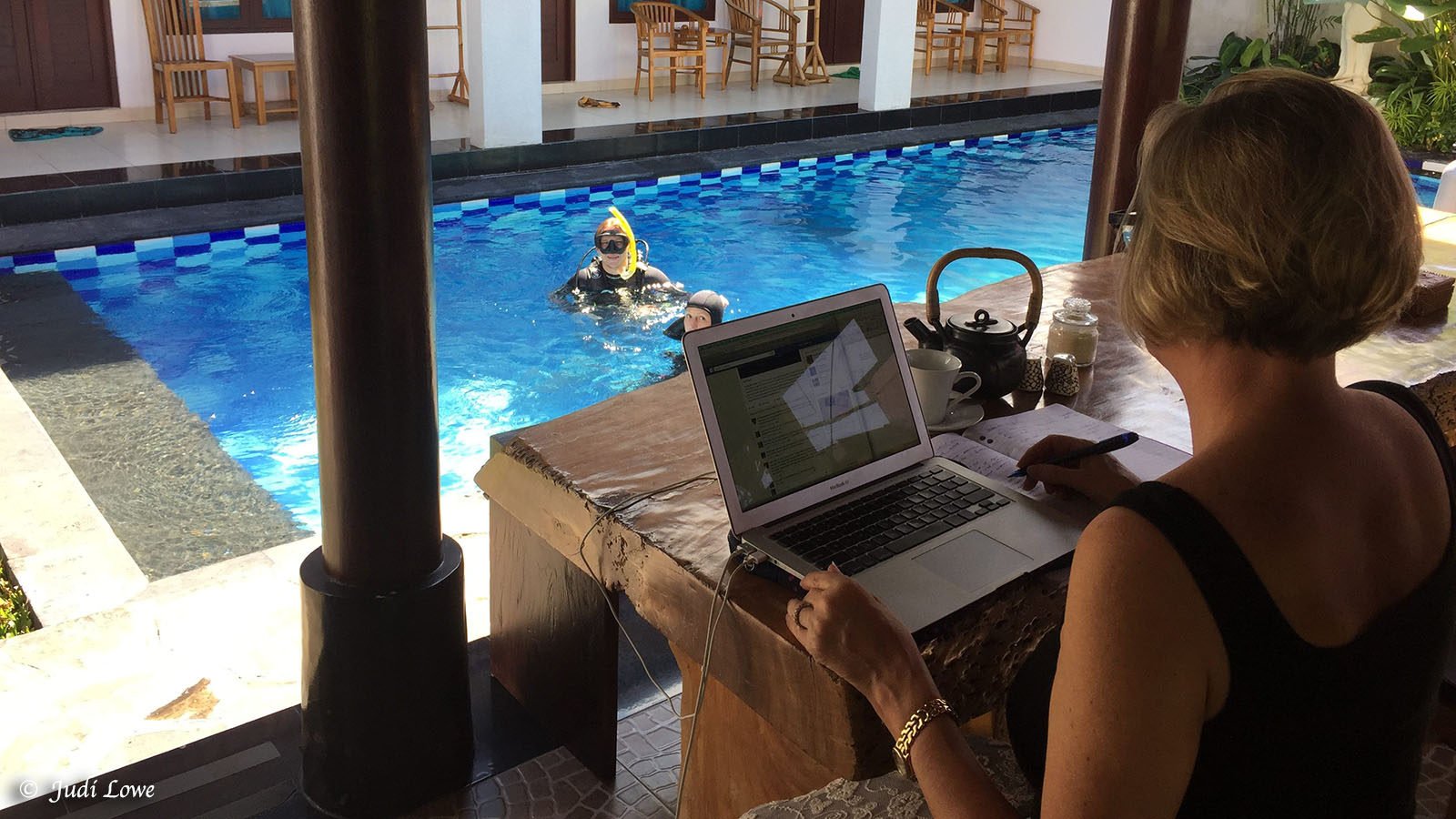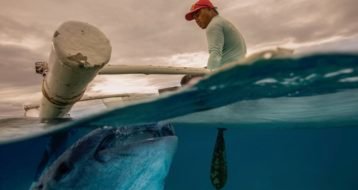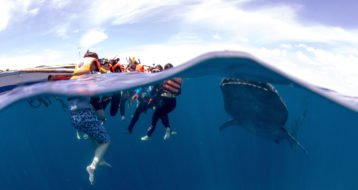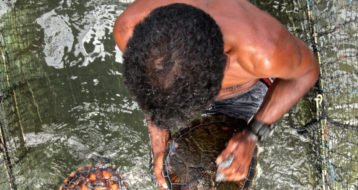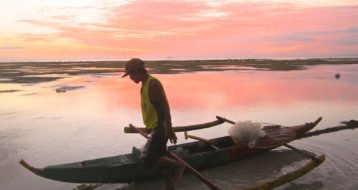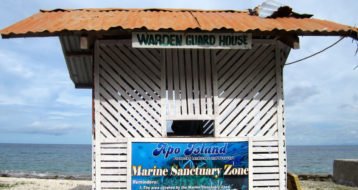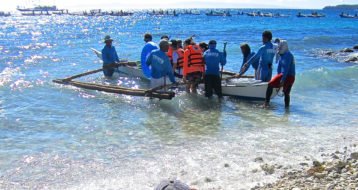survey
The survey
A comprehensive quantitative online survey was distributed to land based dive tourism operators in the 112 less developed countries and territories of the tropics, around the equator. The survey asked dive tourism operators a range of questions, including; what they do now to conserve coral reefs and marine resources and provide livelihoods to local fishers and communities; whether there is destructive fishing around their website; if levels of destructive fishing have increased or decreased since their dive business started and why.
A big THANKS goes to major dive certification agencies PADI, SSI, NAUI and RAID who assisted in distributing the survey, which closed with an unprecedented response from the dive industry right around the equator. Thank you to EVERY DIVE OPERATOR who answered the survey. This research could not have been undertaken without your commitment to taking time to complete the survey.
Preliminary results
Preliminary analysis of the survey results shows that dive operators in the tropics tend to recognise traditional marine tenure where there are high levels of conflict with fishers. When dive operators do recognise traditional marine tenure, they provide livelihoods for fishers and communities which reduce destructive fishing around dive sites.
Dive operators who adopt other factors of integrated coastal management further decrease destructive fishing, however, there is still a gap between what most dive operators are doing to conserve coral reefs and marine resources and what is necessary to fully coral reefs and marine resources. More survey results will be released shortly as they are published in scientific journal articles.
After the quantitative online survey, Bright Spot cases studies were then used to study three dive operators who are doing more to conserve coral reefs and marine resources and provide livelihoods to fishers.



